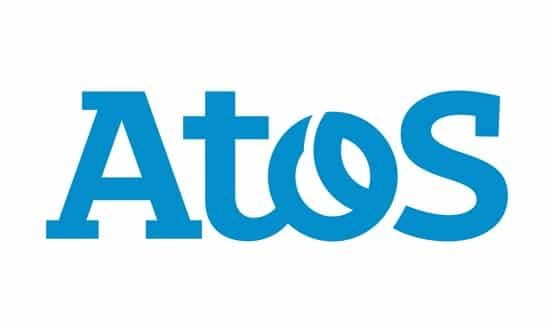Act paves way for NIGB
- 23 July 2008
The National Information Governance Board is to become a statutory body, replacing the Patient Information Advisory Group, following Royal Assent for the Health and Social Care Act 2008.
Although the NIGB was formed in October last year, it was only an interim board. The PIAG was the statutory body until the Act became law.
Now that has happened, the government says it will complete the transition to “a clear, authoritative and accountable structure, with a single board dealing with all information governance matters for both health and social care.”
The Department of Health says the new body’s “remit and statutory powers will be broader than those of PIAG and its membership will reflect this.” The board will run at an average annual cost of £271,000. It is expected that the changes will come into operation from September.
The Health and Social Care Bill was introduced to Parliament in November 2007 and outlined the government’s vision for “enhancing the safety and quality of care and improved public health.”
It included proposals to create the statutory NIGB in response to the publication in 2006 of Information Governance in the Department of Health and the NHS; a review and recommendations. This found there was no single, authoritative voice for information governance in the NHS and that there were potential overlaps and confusion about the different bodies that covered it.
In the recently published Health Informatics Review, the DH says the role of the new board will be to act as “the top level information governance body for health and social care, supporting improvement in information governance practice in health and social care with its statutory powers.”
The NIGB will also be responsible for arbitrating on the interpretation of policy and giving advice in order to build public confidence in the NHS Care Record Service.
The DH says: “It is the electronic NHS which will both facilitate patient choice and mobility and enable diversity of providers.
“However, national standards to guide local implementation are required to meet the necessary standards of confidentiality, security, and safety. The introduction of a National Information Governance Board for Health and Social care will enable these standards to be met.
“The need for national oversight of consistent local implementation will increase as NHS provision becomes more diverse. If the benefits of the NHS Care Records Service are to be achieved, engaging social care, independent providers and regulatory bodies will be integral to generating consistent good practice.”
Other elements in the Health and Social Care Act 2008 are the establishment of the Care Quality Commission, a new health and adult social care regulator with tough powers to inspect, investigate and intervene where care providers are failing to meet safety and quality requirements, including hygiene standards.
A new adjudicator will be created to make independent decisions about whether individual health professionals should remain in practice. Existing public health protection legislation will be updated to help prevent and control the spread of serious diseases.
The Act will strengthen the protection of vulnerable people using residential care by making all care homes subject to the Human Rights Act. And pregnant women will be given cash grants.
Health minister, Ben Bradshaw, said: "This Act will help to protect the health, safety and welfare of those who use health and social care services.
"The independent regulator, the Care Quality Commission, will have tough new powers to inspect and take action to protect patients and service users. In addition, professional regulation will be reformed, meaning patients can have confidence that the care they receive will be safe."




